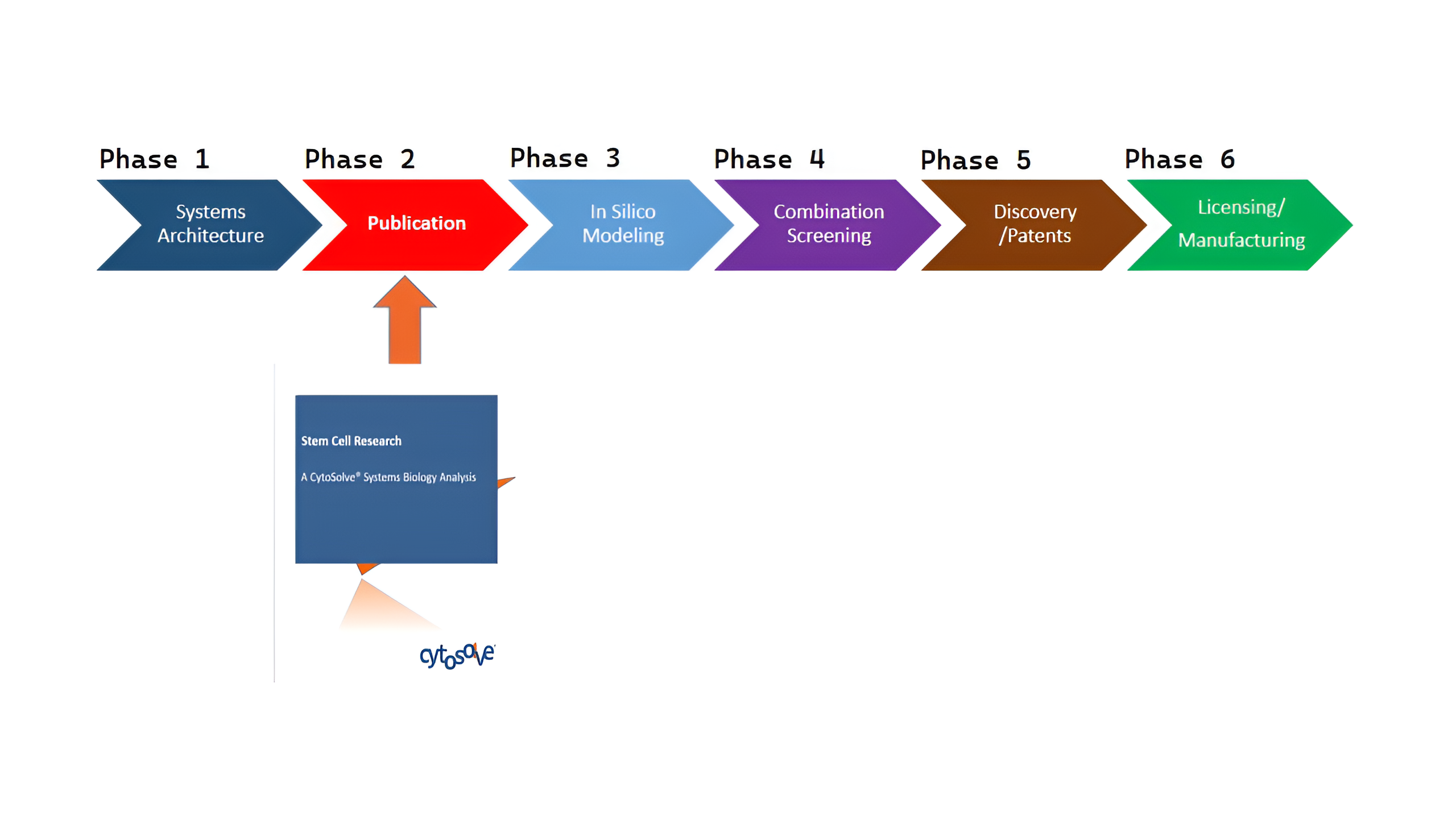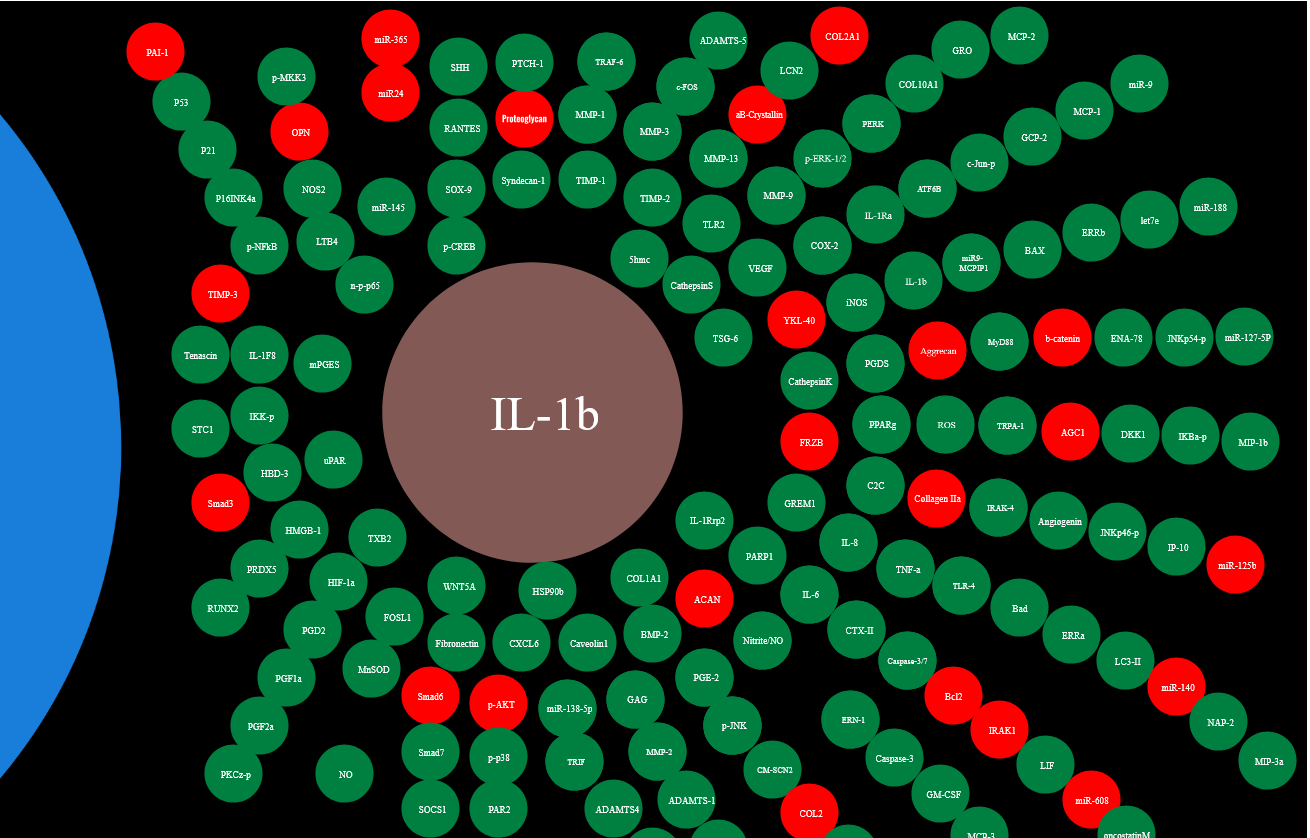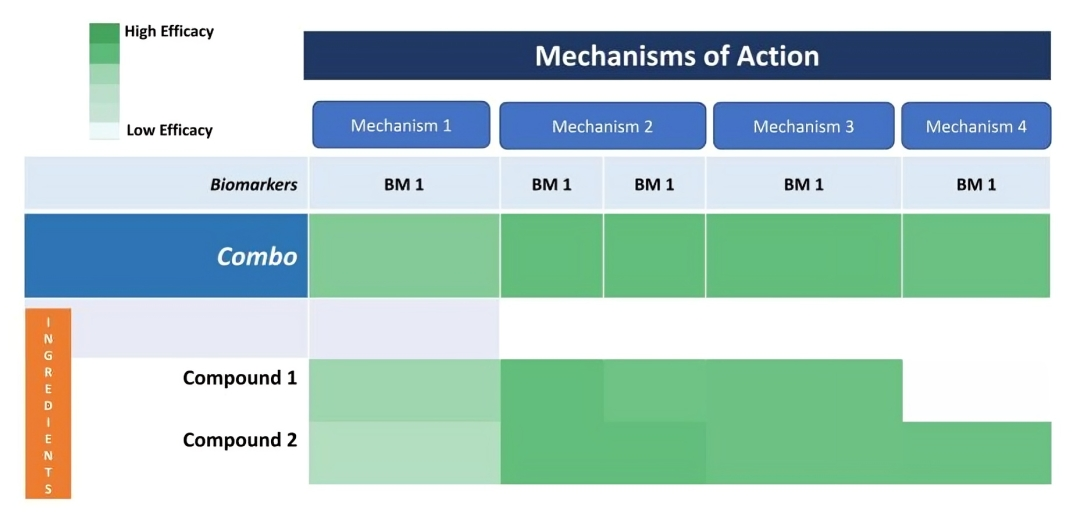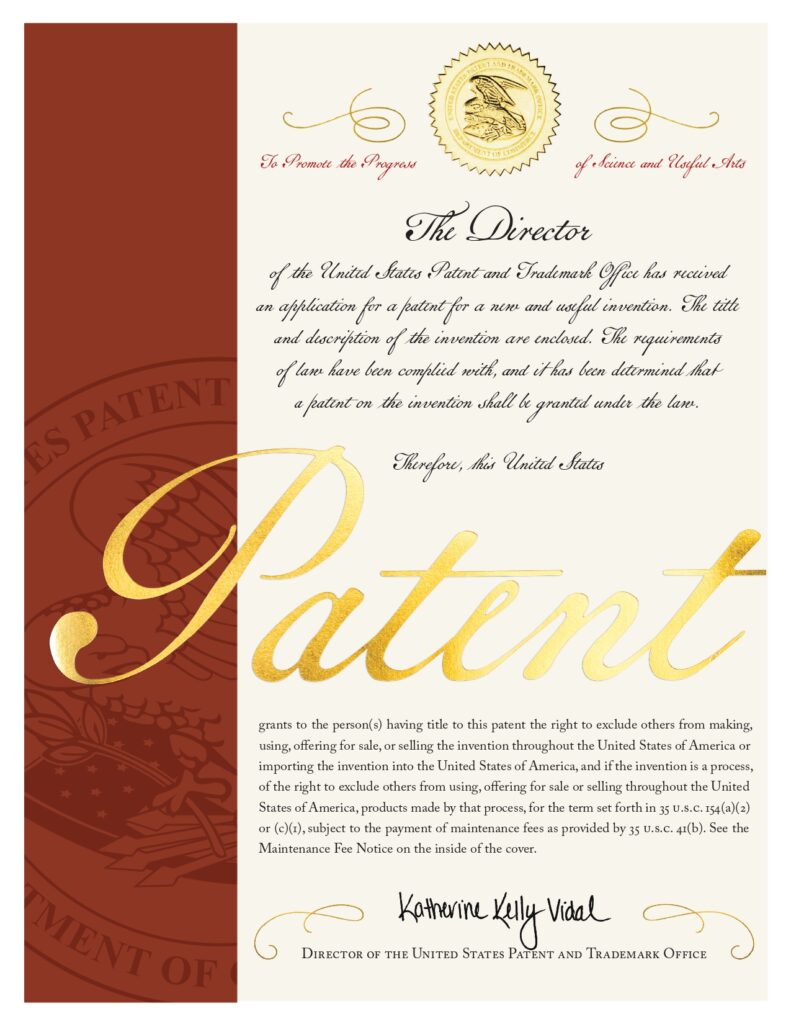
Women’s Health Initiative
Women’s health is a multifaceted journey that evolves through different life stages—from adolescence to pregnancy, menopause, and beyond. It includes not just reproductive health but also heart health, bone strength, mental wellness, hormonal balance, and disease prevention. Prioritizing women’s health means encouraging regular check-ups, screenings (such as Pap smears, mammograms, and bone density tests), and proactive lifestyle choices.
Nutrition plays a vital role in supporting hormonal balance, energy levels, and emotional well-being. A diet rich in iron, calcium, healthy fats, and fiber is essential, especially during menstruation, pregnancy, or menopause. Regular physical activity, such as walking, yoga, or strength training, improves cardiovascular health, reduces stress, and supports a healthy weight.
Mental health is equally important. Women are more prone to anxiety, depression, and hormonal mood fluctuations. Practicing mindfulness, building strong support systems, and seeking therapy when needed are key to emotional resilience.
Health education and body awareness empower women to make informed decisions about contraception, fertility, and managing menstrual or menopausal symptoms. Advocating for one’s own health, breaking stigmas, and promoting self-care are vital steps toward long-term wellness.
Ultimately, women’s health is about nurturing the body, mind, and soul with care, knowledge, and confidence.

Research Progress
The Open Science Institute’s Men’s health Initiative has now progressed to the First phase — Systems Architecture.
We need your support to move forward. Our goal is to raise $2 Million to research and reveal to the scientific community, highlighting the powerful potential of ingredients in Women’s health. Please support this initiative.

Systems Architecture
The Systems Architecture of Women’s health is published as a Web-based tool open to public. Click below to interact with the systems architecture.

Publication
A peer-reviewed publication from the Women’s health Initiative will be released soon to benefit the public by revealing powerful insights into the use of the compounds for treating Women’s health diseases—support this initiative to advance scientific discovery and deliver real solutions.

In silico Modeling
In this phase, the Women’s health Initiative will conduct in silico modeling to identify and test the efficacy of compounds on Hormonal imbalance, Menopause and Breast cancer. This phase is yet to begin.
Combination Screening

Patents
The Open Science Institute® through its Women’s health initiative is moving towards getting patents for a revolutionary compounds that affects Hormonal imbalance, Menopause and Breast cancer.

Licensing and Manufacturing
The Women’s health Initiative plans to discover, develop, license and manufacture a Women’s health product which supports treatment of many diseases. Support our mission to bring this innovation to those who need it most. Please support this Phase by donating to the Women’s health Initiative.
